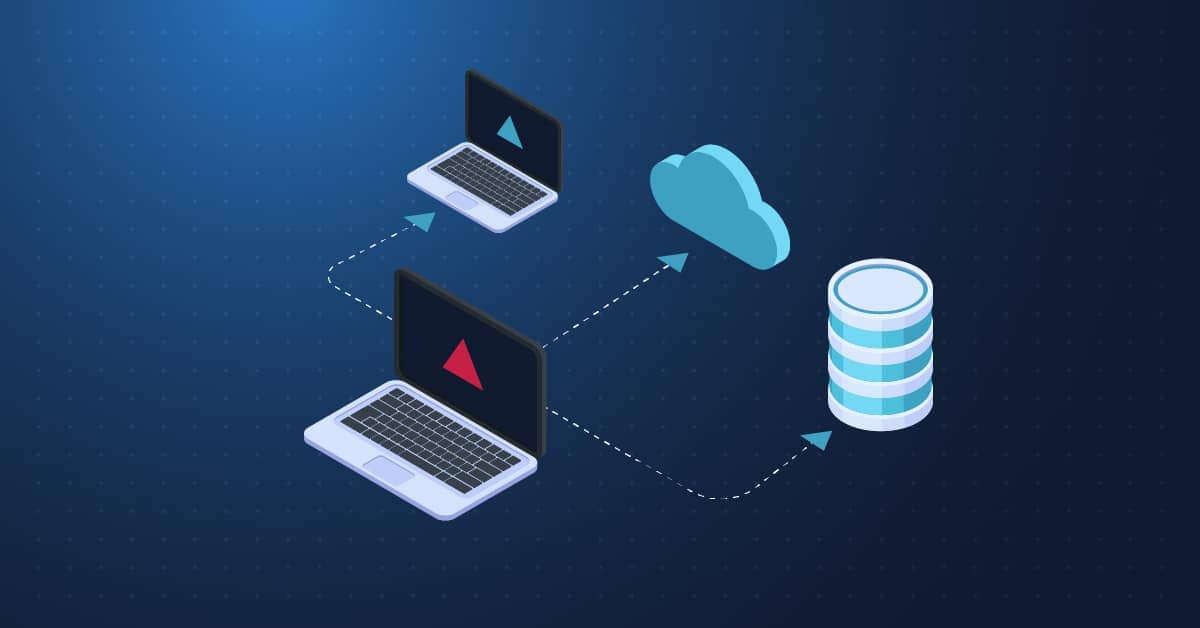State-of-the-art Online Backup Macbook Time Machine Efficiency Breakdown
State-of-the-art Online Backup Macbook Time Machine Efficiency Breakdown
Blog Article
Real-time Zimbra Mail Server Tips and Tricks
A reliable backup solution is becoming more and more crucial as our reliance on digital technology grows. Losing important data can be disastrous for both an individual and a business. Backup technology can help with that. We'll discuss backup technology's various facets and its importance in the modern digital world in this article.
- comprehending backup technology
Making copies of your crucial files and storing them in a different location is referred to as backup technology. In case of unintentional deletion, hardware malfunction, or other unforeseen circumstances, it serves as a safety net by enabling you to recover your data.
- Backup Solutions of various kinds
Today's backup solutions come in a variety of forms, each with unique advantages and disadvantages. Full, incremental, differential, and cloud-based backups are a few popular types.
Business-oriented Lenovo Servers In the Cloud Era
- Complete Data Protection with FullBackups
A full backup involves creating a complete copy of all your files and folders. Although this kind of backup provides complete data protection, it can be resource- and time-consuming.

- Increased Backups: Useful Storage
Smaller backup sizes and quicker backup processes are only possible with incremental backups because they only store changes made since the previous backup. Data restoration, however, might call for several backups.
- Balance between complete and incremental backups: Different backup types
All modifications made since the previous full backup are recorded in differential backups. Restoring data only requires the most recent full backup and differential backup, which is faster than incremental backups.
Fast Cloud To Cloud Backup Best Practices
- Cloud-based Backups: Convenient and secure
Off-site storage is provided by cloud-based backup solutions using remote servers. Even if your physical backups are compromised, they make it simple for anyone to access your data, ensuring data security.

- Protecting Your Information With Data Encryption
By encrypting your data and rendering it unreadable to unauthorized users, encryption is essential for backup technology. This guarantees your information's security and integrity.
- How Frequently Should You Back Up?- Backup Frequency
The frequency of backups is influenced by a number of variables, including how frequently data changes, how important data is, and how likely it is that data will be lost. To prevent data loss, regular backups are essential.
Real-time Automated Backup Offsite For the Modern Era
- Disaster Recovery: Reducing Downtime
Recovery of your data quickly after a disaster is essential to reducing downtime. By making sure your data is easily accessible when needed, backup technology enables effective disaster recovery.

- Assurance of Effectiveness When Testing Your Backups
It's crucial to regularly test your backups to see if they're reliable and efficient. This aids in identifying any potential problems and enables necessary improvements or adjustments.
- Options for backup storage: local vs. Cloud.
You have the option of using local backup storage, such as external hard drives or network-attached storage ( Nas ), or cloud-based solutions. There are advantages and disadvantages to each option.
Flexible Cloud Based Time Machine In the Cloud Era
- Policies for data retention are crucial.
To ensure adherence to legal requirements and industry regulations, it is essential to have a clear data retention policy in place. It establishes the maximum retention time and deletion times for particular types of data.
- Backup procedures being automated
Human error is reduced by automating backup procedures, which also guarantees that backups are carried out consistently and without human intervention. Knowing that your data is secure gives you comfort.
Important Notes:
Comprehensive Windows Home Server Online Backup Comparison
For the purpose of data recovery, backup technology entails making copies of crucial files.
Backup solutions come in a variety of flavors, including full, incremental, differential, and cloud-based backups.
- Secure off-site storage and simple access to data from anywhere are provided by cloud-based backups.
Your data is protected by encryption, which prevents unauthorized users from reading it.
- To guarantee backups ' effectiveness, regular testing is essential.
- The frequency of backup depends on how frequently data changes and how have a peek at this site important the data is.
Local devices and cloud-based solutions are two backup storage options.
- Compliance with legal requirements is guaranteed by Advanced security protocols having a data retention policy.
- The possibility of human error is decreased by automating backup procedures.
Report this page